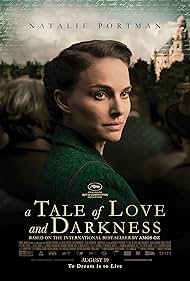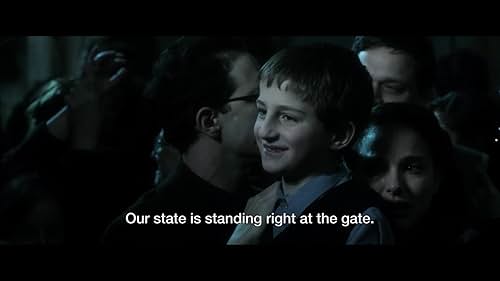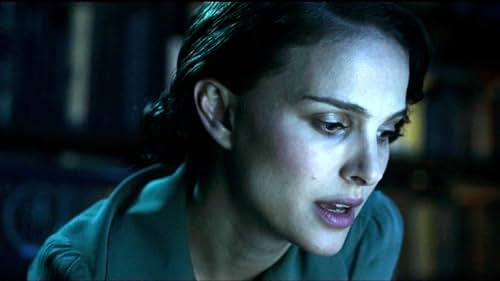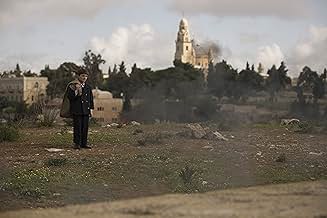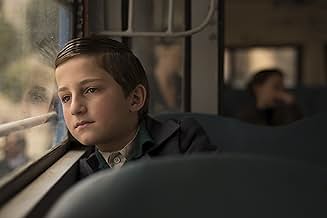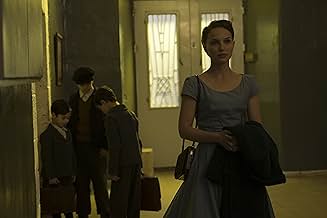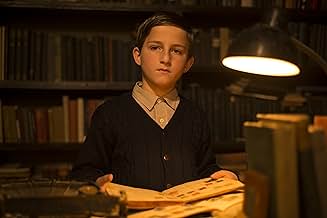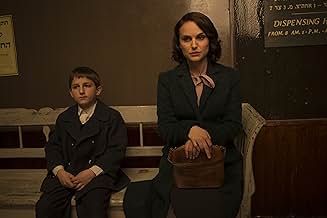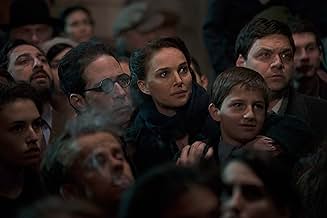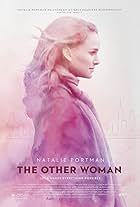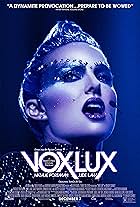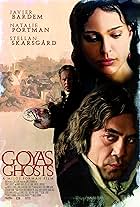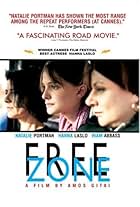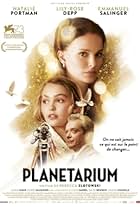Greetings again from the darkness. The establishment of the state of Israel and the memoir of Amos Oz are the foundation of the feature film directorial debut of Natalie Portman. First time directors don't typically fight over such source material, but it has always seemed that Ms. Portman was headed towards bigger (and more important) things.
She was born in Jerusalem and this story opens in that city during 1945. The narrator is the elderly Amos and the story is told through the eyes of young Amos (a very effective Amir Tessler)
though the focus is on his mother Fania (played by Ms. Portman).
The tensions between Jews and Arabs are ever-present, but this is the mostly personal and intimate struggle of Fania and her family. She has survived the atrocities of the Holocaust, though many of her family and friends did not. In fact, her inability to overcome this past and adjust to the new world is what has the biggest impact on young Amos and his scholarly father Arieh (Gilad Kahana). Amos soon figures out that the litmus test for his mother's mood is whether she is telling stories of the old days, or staring blankly into a void.
Watching someone fade away and experience death by depression/disappointment/unfulfilled dreams goes so against what we typically see on screen – the emotionally strong and heroic types. Portman's performance makes it believable, but no less difficult to watch
for us or young Amos.
The film is well shot and well acted, and much more is conveyed through faces and movement than spoken words
somewhat unusual for the recollections of a writer. The color palette and the silence dominate many scenes, and it seems appropriate given the situation of this family. Expect to see many more projects from director Portman, as she obviously has much to say.
